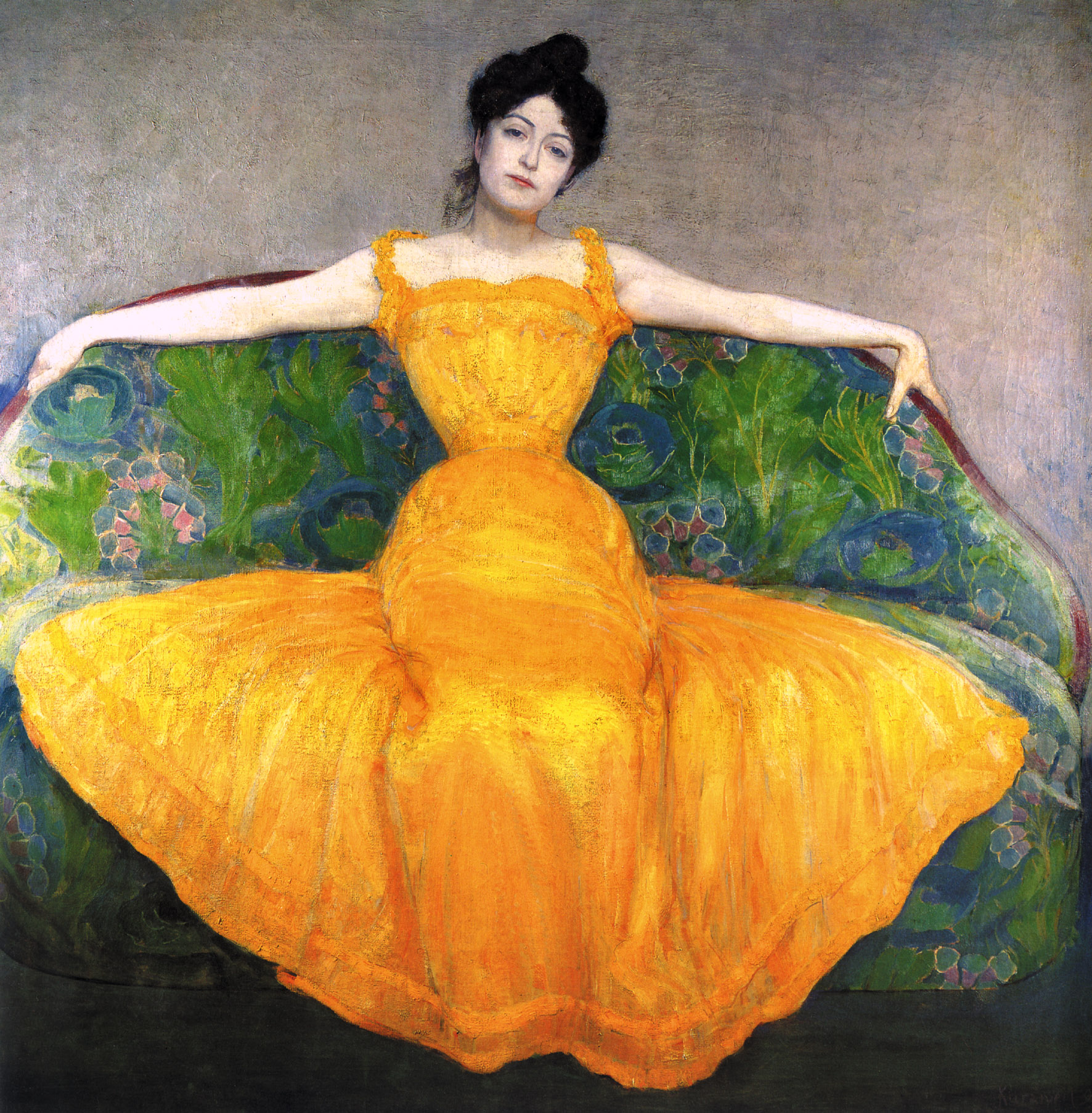
3 a.m. Call
Words By Steve Cushman, Art By Max Zurzweil
When the beeper buzzes on his hip, the chaplain rises from his bed in the on-call room. He’d been dreaming about his girlfriend, Shelly, and the walk they’d taken the day before. His hands caressed the soft flesh of her thighs, the decade-old scar on her left kneecap. There is no denying that he wants to make love to Shelly—something he has not yet done. But he tells himself to forget about that for now. His beeper continues to buzz, meaning someone needs comforting.
In the ER, the doctor says, We got a mess here, Chappy—one ugly stinking mess. A couple teenagers drove into a tree at two in the morning. The chaplain scribbles their names—Alan and Sue—in his note pad, wishing he had coffee, something to make what he has to do a little easier. But he doesn’t stop in the staff lounge because there are people waiting for him.
He takes a box of tissues from the counter, tries to push the image of Shelly in that yellow dress—her arms, ankles, thin wrists—from his mind, and heads to the consultation room.
Twelve hours earlier, he spent the afternoon with Shelly walking around his neighborhood, passing houses and cars he’d passed hundreds of times before. But this time the colors were brighter, the grass a soft sweet scent in his nose, and the sky a shade of pure blue he’d never seen before. Silly perhaps: the grass is the grass, the sky is the sky—but it felt different.
Ninety days together and, yesterday, the closest they’d ever come to making love. She squeezed his hand so hard it hurt. While he didn’t realize it then, he knows now as he heads toward the parents of Alan and Sue and their grief, she was telling him she was ready. It was time to take her into the bedroom of his apartment: to remove her sundress, her tennis shoes, her socks.
He is not the sort of man who is consumed by sex or sexual fantasies. He has not been with a woman in six years, but Shelly and that yellow dress have shifted something in him.
The chaplain steadies his hands on the consultation room door. It is cold, the anti-Shelly. He knows, once he goes through that door, his thoughts of her will be gone, and so he stands there in the patient-filled hall, amidst the cries of those in need, stretching this moment out as long as he can, imagining her dress sliding up and over her head, her hair—my God—her blond hair on her naked, freckled shoulders.
Inside the consultation room, the two sets of parents ask questions: how does this happen to good, college-bound kids, in the middle of the night? Were they drinking? Was there a deer—maybe a possum—in the middle of the road?
The chaplain does his best to get the names of the mothers and fathers. He listens to their questions, knowing he can’t answer them. All he can offer are the simple, tangible things of life: an ear, a shoulder, two strong arms, and some tissues.
After walking them to the trauma room so they can see what is left of their children before they are taken to the morgue, he leads the parents back to the consultation room. By then, other members of their families have arrived. They have cell phones out and are calling the people that need to be called and arrangements are starting to be made. The chaplain hugs both mothers once again, gives them his business card, and walks out the door.
He never knows if what he offers these people does any good. He never sees them again, but he understands that is how this job works. He is there to guide them toward help in those first moments when they are crippled with grief.
He heads back to his room to try to find sleep, to finish his dream. But yesterday and Shelly seem so far away from him now. What is in front of him is another night of broken sleep, of crushed souls he will somehow try to comfort.
As he lies down again in the on-call room bed, he wonders for a moment if this—death and pain and grief in a hospital—are the only real things in life, if Shelly is only a fantasy. If he’d imagined the walk yesterday. If he’d even imagined Shelly. But he can see the dress’s blue bow in the center of her back. He smells jasmine in the air, feels the soft ridge of her scar, her hand in his.
The beeper buzzes on his hip again; but this time when he looks down, there is no number, only the blank gray rectangle of the beeper’s screen. For this, he is grateful. He closes his eyes once again. That yellow dress, that soft skin.